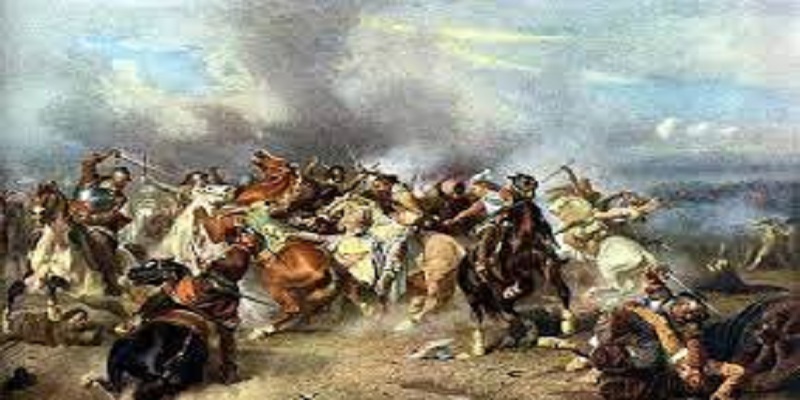The Significance of Panipat Battles in Indian History
The Battle of Panipat was a series of three significant battles fought between the 16th and 18th centuries. These battles had a profound impact on the political and social landscape of India, especially in the north. This battle played an important role in shaping the Mughal Empire and the Indian subcontinent as a whole.
The First Battle of Panipat was fought on April 21, 1526, between the Mughal emperor Babur and the Sultan of Delhi, Ibrahim Lodi. Babur, who had already conquered Kabul and established his rule there, invaded India to claim his ancestral lands. The battle took place near Panipat, a city located in modern-day Haryana, India. Babur's army was significantly outnumbered, but his superior military tactics and the use of firearms proved to be the deciding factor in the battle. Ibrahim Lodi was killed, and Babur emerged victorious, laying the foundation for the Mughal Empire in India.
The Second Battle of Panipat was fought on November 5, 1556, between the Mughal emperor Akbar and the ruler of the Sur Empire, Hemu. Hemu, who had declared himself the ruler of Delhi after defeating the Mughals in a battle, marched towards Agra to expand his territory. Akbar, who was only 13 years old at the time, led the Mughal army into battle. The Mughals were again outnumbered, but Akbar's commander-in-chief, Bairam Khan, managed to turn the tide of the battle with his superior strategy. Hemu was wounded and captured, and the Mughals emerged victorious once again.
The Third Battle of Panipat was fought on January 14, 1761, between the Maratha Empire and the Afghan ruler Ahmad Shah Durrani. The Marathas, who had established their rule over large parts of India, were expanding their territory towards the north. Ahmad Shah Durrani, who was alarmed by the Maratha expansion, decided to launch a preemptive strike against them. The battle took place near Panipat, and both sides had massive armies, making it one of the largest battles in Indian history. The Marathas had the upper hand initially, but the Afghan cavalry managed to break their lines and create chaos in their ranks. The Maratha commander-in-chief, SadashivraoBhau, was killed, and the Marathas suffered a crushing defeat. This battle marked the end of the Maratha expansion and paved the way for the British to establish their rule in India.
In conclusion, the Battle of Panipat was a crucial series of battles that played a significant role in shaping the political and social landscape of India. These battles established the Mughal Empire in India, solidified the Mughal rule, and ended the Maratha expansion. The impact of these battles is still felt today, and they are remembered as some of the most important events in Indian history.

